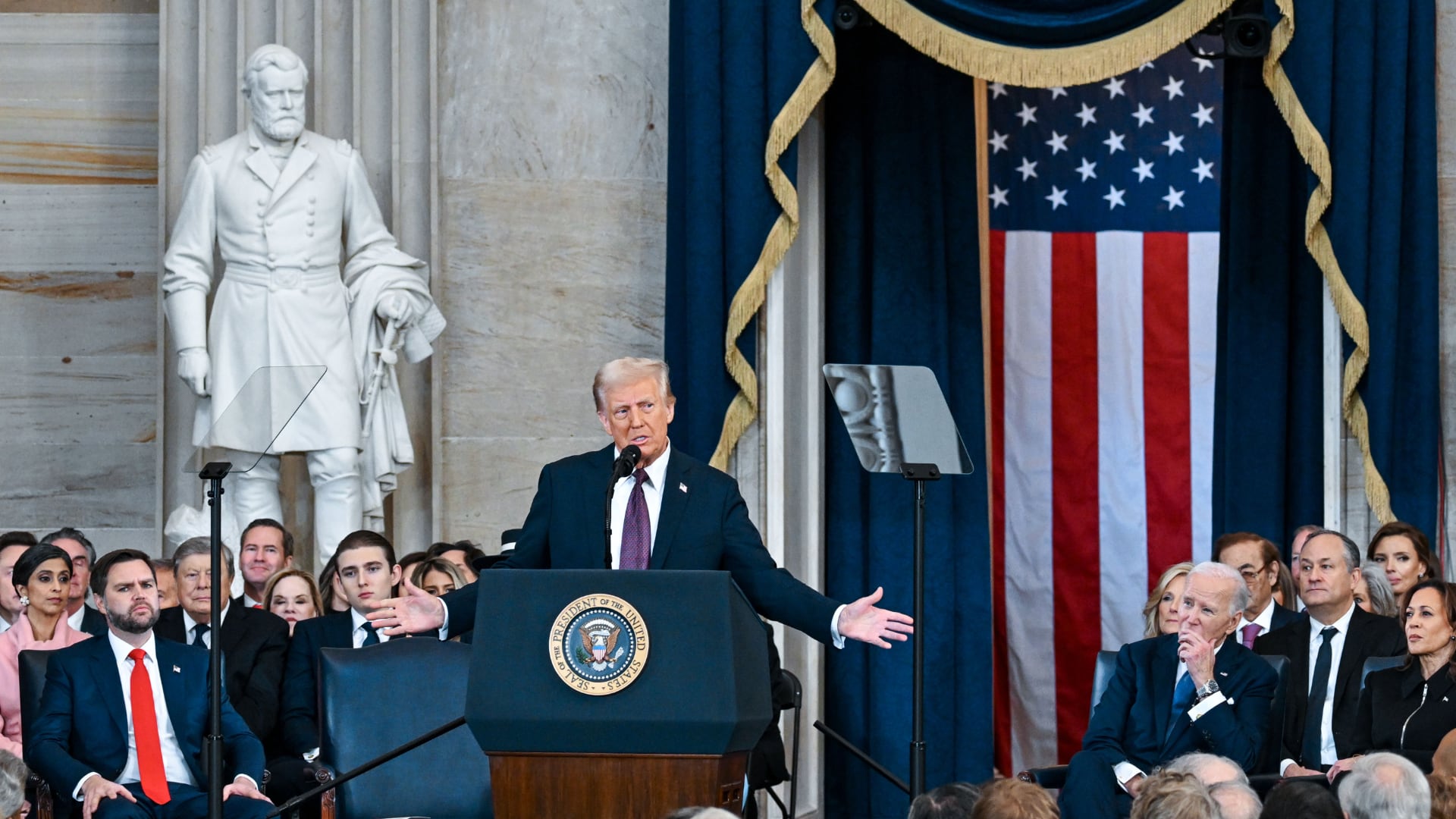Facebook is on a mission to get four million Americans registered to vote by Election Day on November 3. So far, the company reports that it has made significant progress on that goal with more than 2.5 million Americans registered through Facebook, Instagram, and Messenger.
"Certainly, it's the most complex election I've ever experienced," Emily Dalton Smith, director of social impact product at Facebook, told Cheddar. "So we're really focused on making sure everybody in the U.S. who's eligible has the information they need."
Facebook and Instagram users can head to the site's Voter Information Center to look into the registration process, or even volunteer at the polls.
The sites give people "a one-stop-shop they can go to anytime they have a question or want to learn how they can vote," Smith said.
Facebook is raising the bar from its past voter registration efforts. The company says it helped two million Americans register and turn out to vote in both 2016 and 2018.
With Tuesday designated as National Voter Registration Day, the social media giant is ramping up efforts now more than ever, providing clear alerts at the top of its most popular apps.
"We're running drives at the top of Facebook, Instagram, and Messenger apps this week giving people information on how to vote right at the top of the apps," Smith said.
While Facebook does collect data on its users' specific political learnings, Smith said that the company isn't focused on whether it's helping liberals or conservatives register to vote.
"That's a really personal decision, and we want to make sure that people are empowered to make that decision and make their voice heard," Smith said. "Who they vote for is up to them. We just want to make sure that they get out and vote."












